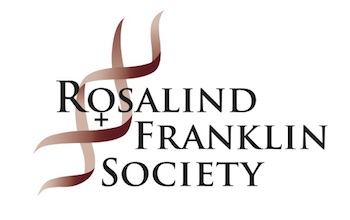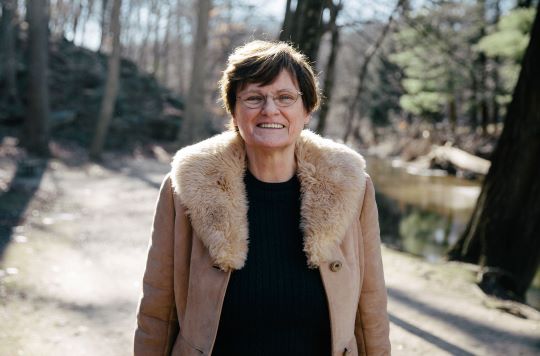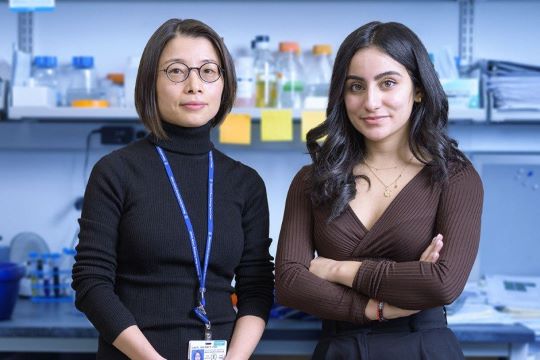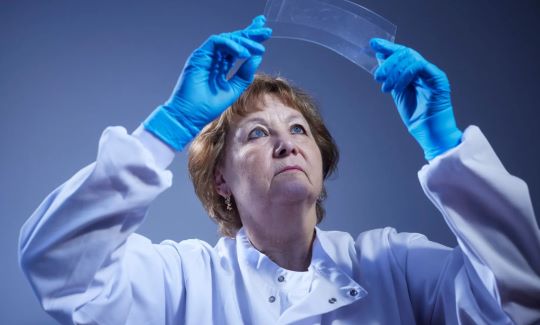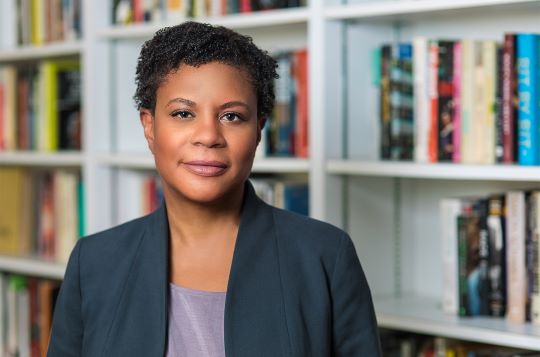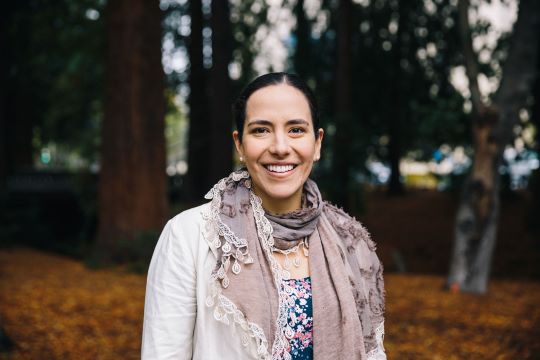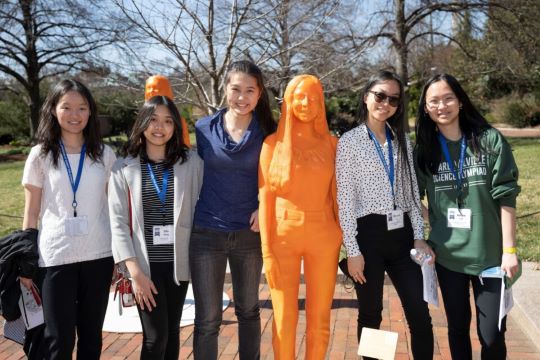|
Dear Colleagues, I am pleased to include another issue of RFS Briefings with some timely and encouraging updates on women in science. Please continue to share important news and opportunities with us so that we may share it with you, and others who are committed to supporting the careers of exceptional women in science.Stay safe and sound,
Karla Shepard Rubinger
Katalin Karikó: The sacrifices and successes of immigrant scientists.
Hungarian-born biochemist Katalin Karikó receives the 2022 Vilcek Prize for Excellence in Biotechnology for her scientific leadership. The award is bestowed on Karikó for her pioneering research into the development of mRNA therapeutics, including the development of mRNA vaccines for COVID-19. Read more. Katalin Karikó was also a featured speaker at our GEN/RFS Women in Science Series. You can access the presentation here. A Conversation with Janice Chen. Two Sloan Kettering Institute researchers named 2022 Kravis Women in Science Endeavor (WiSE) Fellowship grant recipients.
Memorial Sloan Kettering Cancer Center (MSK) announced that two Sloan Kettering Institute (SKI) researchers have been named 2022 Marie-Josée Kravis Women in Science Endeavor (Kravis WiSE) fellowship grant recipients. “This year’s symposium, featuring these stellar researchers and extraordinary speakers, highlights how critical it is that the scientific and medical communities expand opportunities for women at all levels and in all endeavors. We all benefit when we are all welcomed to the table,” said Ushma Neill, PhD, Vice President, Scientific Education and Training. Read more. The queen of crime-solving.
Forensic scientist Angela Gallop has helped to crack many of the UK’s most notorious murder cases. But today she fears the whole field – and justice itself – is at risk. Over almost 50 years as a forensic scientist, Gallop has seen enough grisly cases to fill several lifetimes. Name a famous crime that took place in Britain since the 1980s and there is a good chance that Gallop was involved in the investigation. Read more. Photo: David Levene, The Guardian. Holberg winner Jasanoff pioneered study of interplay between those fields, societal influences, biases, law. ‘We are turning a corner.’ Acting White House science director moves to calm troubled office.
In her first interview since being promoted from deputy director for science and society, Alondra Nelson spoke with ScienceInsider about a wide range of issues, including the recently enacted 2022 federal spending bill, President Joe Biden’s ambitious science agenda, and the division of labor between her and Francis Collins, the recently retired director of the National Institutes of Health (NIH) who is now serving as the president’s science adviser. Read more. Photo: Dan Komoda, Science. Apply now for the Science & SciLifeLab Prize for Young Scientists, an annual prize awarded to early-career scientists. Women are creating a new culture for astronomy. A STEM-focused addition to the #1 New York Times bestselling She Persisted series. The Eppendorf & Science Prize for Neurobiology acknowledges the increasingly active and important role of neurobiology. When women – and Jews – were forced out of sciences, this Nazi-era pioneer persisted. Markita del Carpio Landry: Representation and responsibility in STEM.
A nanobiotechnologist and an assistant professor at the University of California, Berkeley, Markita del Carpio Landry grew up in Quebec, Canada, in a multicultural household helmed by her Bolivian mother and French Canadian father. As a young, Latina professor, del Carpio Landry is also critically aware of how important diversity and representation are in science. She is passionate about her role as a mentor, and her ability to have a positive influence on the next generation of scientists. Read more. Anne Beaumanoir, activist and clinical neurologist, dies at 98. Bigelow impact report. Adriana Hoffmann, botanist who fought for Chile’s forests, dies at 82. Celebrating women breaking barriers in STEM.
Five 2022 Science Talent Search Finalists pose with a statue of a Society for Science competition alumna, as part of the Smithsonian's If/Then She Can exhibit. Courtesy of Society for Science. Read more. Marianna Limas, Social Media Manager |
